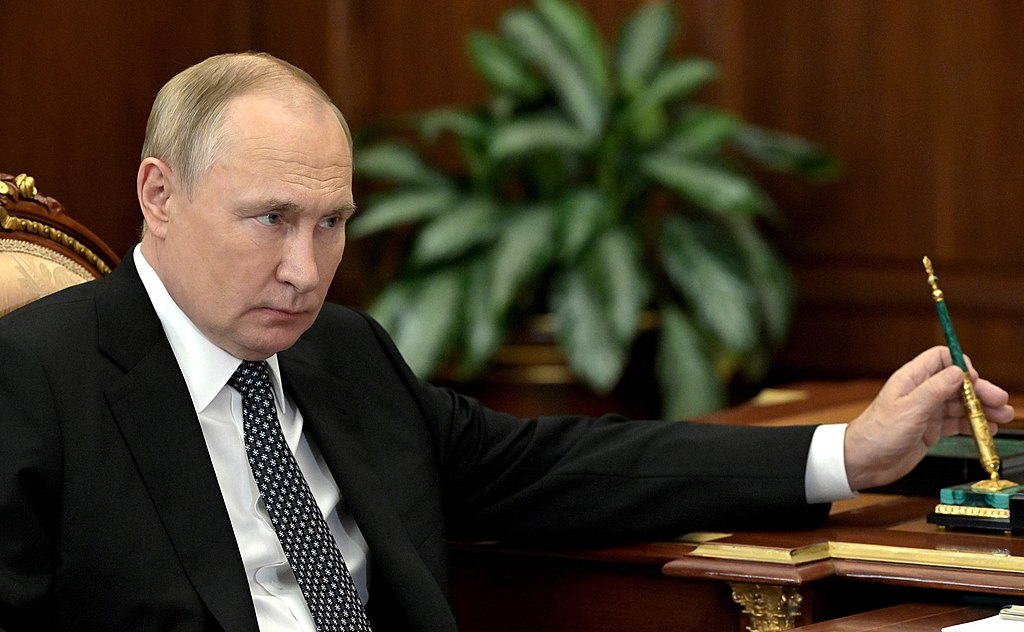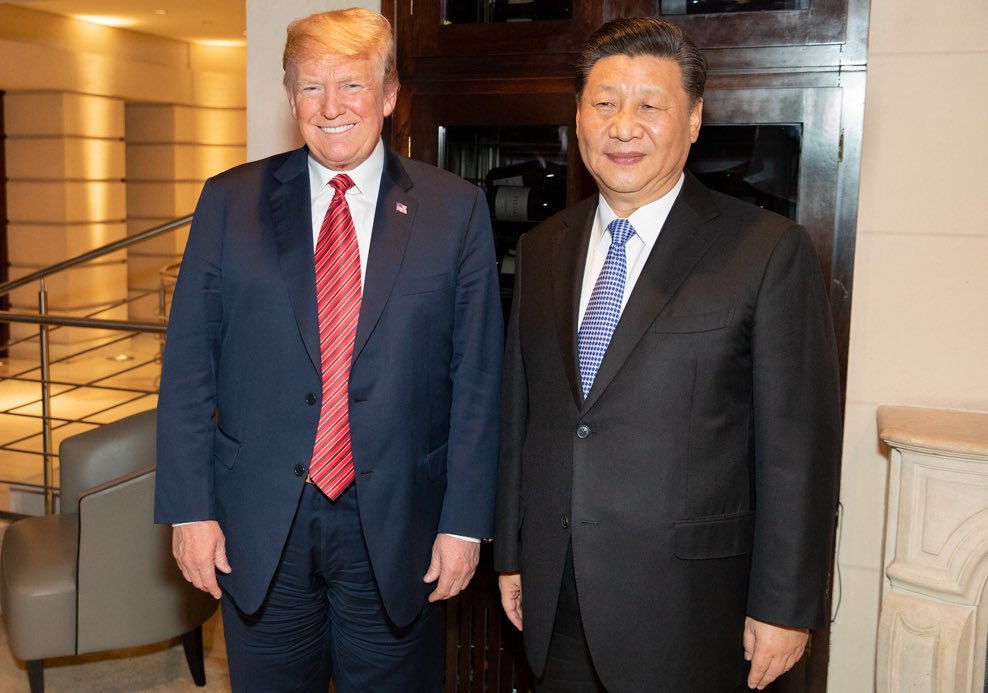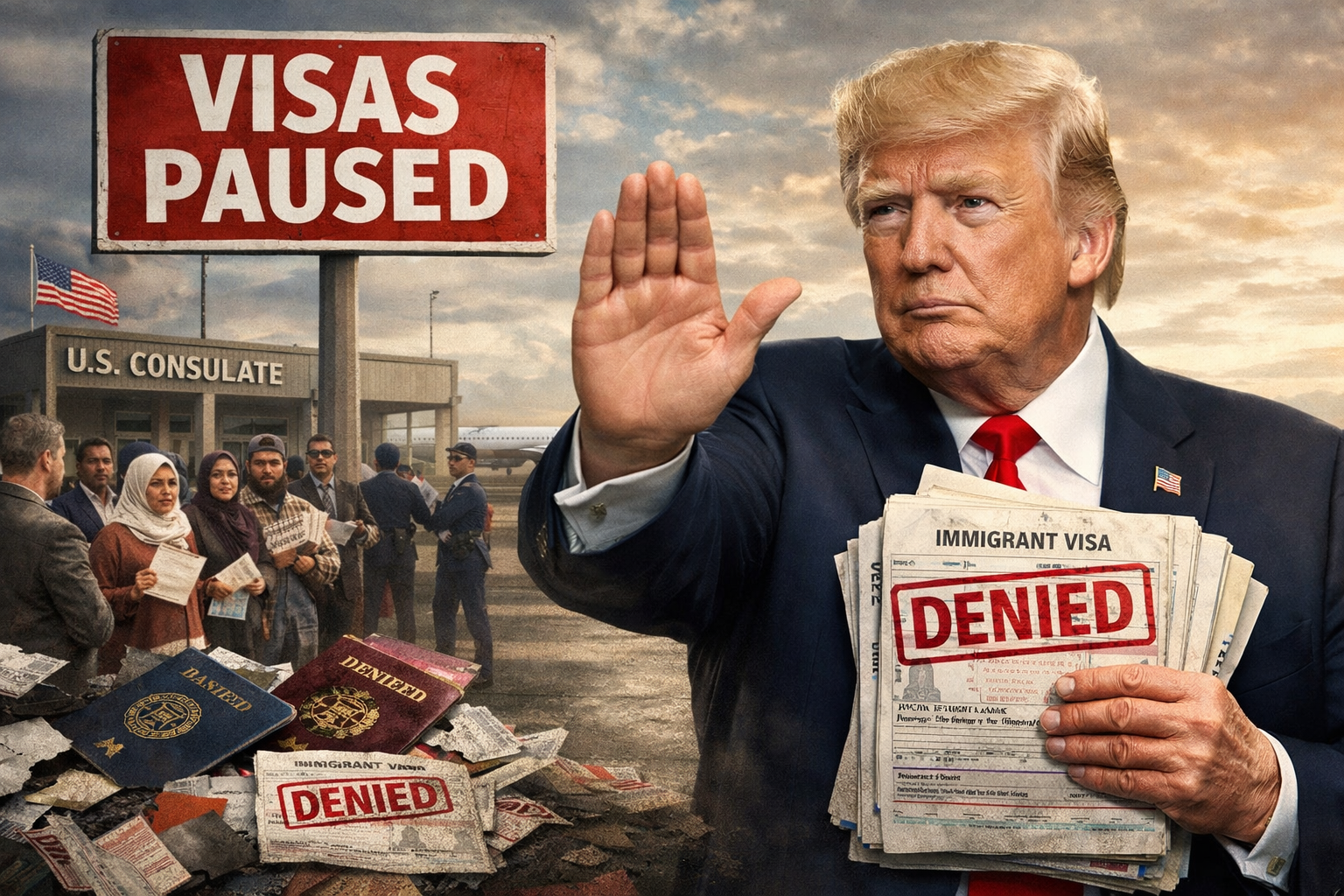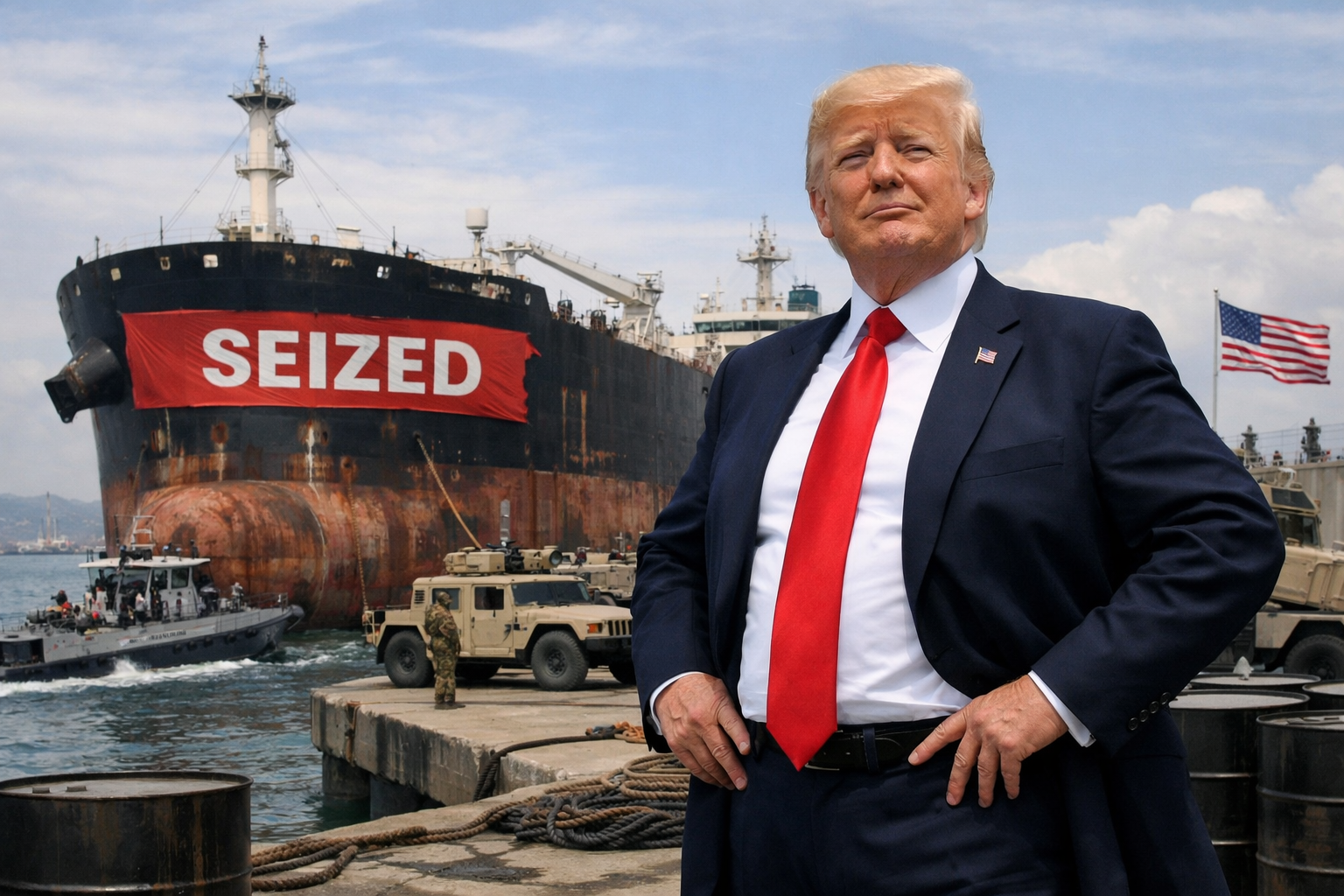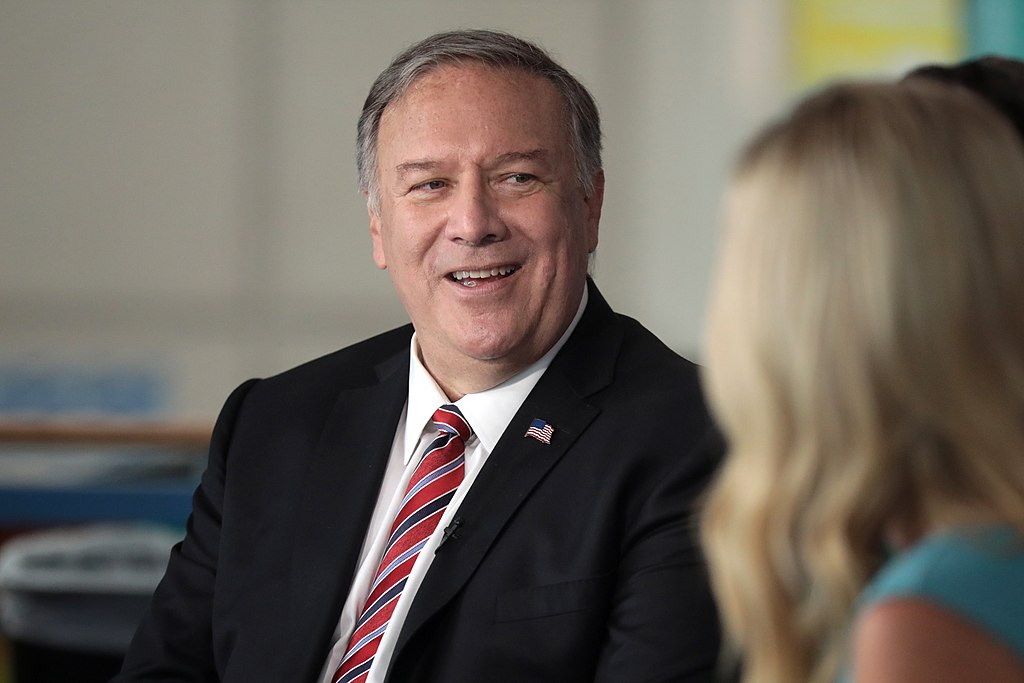President Donald Trump dismissed concerns over leaked transcripts revealing special envoy Steve Witkoff coaching a senior Kremlin official on how to “sell” a potential Ukraine peace deal to Washington. Speaking aboard Air Force One late Tuesday, Trump described the conversations as routine, calling them “standard negotiations.”
The president defended Witkoff’s involvement despite rising alarm that the leaked call suggests the White House is moving toward a settlement heavily favorable to the Kremlin.
The October call—first reported by Bloomberg—appears to show Witkoff advising Yuri Ushakov, Russian President Vladimir Putin’s foreign policy aide, that any peace agreement would likely require Ukraine to surrender control of Donetsk, a long-standing red line for Kyiv.
Asked about the audio, Trump said: “I haven’t heard it, no, but that’s a standard thing because he’s got to sell this to Ukraine. He’s got to sell Ukraine to Russia. That’s what he’s – that’s what a dealmaker does. You got to say, look, they want this, you’ve got to convince them of this. You know, that’s a very standard form of negotiation.”
He added: “I haven’t heard it, but I heard it was standard negotiation. And I would imagine he’s saying the same thing to Ukraine because each party has to give and take.”
Last week, Trump imposed a November 27 deadline for Kyiv to accept a U.S.-backed peace proposal that officials initially described as highly favorable to Russia.
Bloomberg also reported that Witkoff coached Ushakov on how to present a proposal to Trump, advising Moscow to congratulate the president and praise him as “a man of peace.”
According to the leaked transcript, Witkoff said: “I know what it’s going to take to get a peace deal done: Donetsk and maybe a land swap somewhere.”
Ushakov responded: “OK my friend… I agree with you that he will congratulate, he will say that Mr. Trump is a real peace man and so and so.”
Ushakov did not challenge the accuracy of the transcripts when asked by Russian state television. Instead, he suggested they were leaked in an attempt to disrupt ongoing negotiations.
